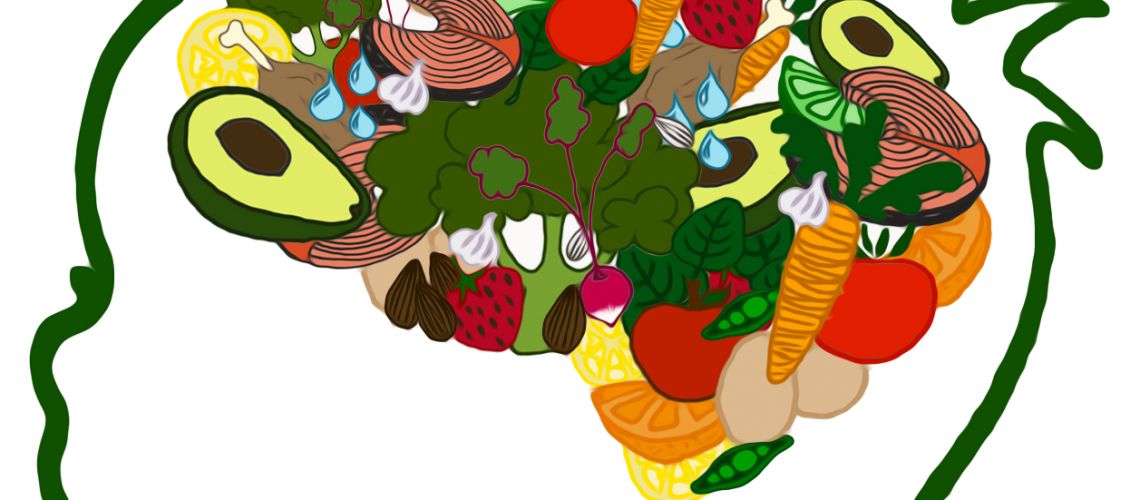By Lize Snyman – Dietician
Over the past few years many health experts voiced their opinions loudly on social media regarding the many dangers that dietary sugar pose to our health while very few articles ever consider the merits thereof. When you consider dietary sugar intake in terms of one’s own health or the health of one’s family you need to weigh all the facts carefully before you unwittingly cut important nutrients from a diet. Always keep in mind that variety is essential as we derive the many vitamins and minerals our bodies need from all the different foods we consume. It is sensible to start off by familiarising yourself with what exactly constitutes as sources of dietary sugar. Many of us would be surprised to learn that most of the main food groups we view as essential in our diets actually are sources of dietary sugar. What exactly do I mean? Let us break down sound scientific data to digestible bites of information!
The main food groups for humans include the following:
- Dairy Products: This includes all products derived from animal milk (mainly cow’s milk) such as yoghurt, milk and cheeses in their various forms, for example, Edam, Gouda and Cheddar.
- Fruit
- Vegetables
- Animal Proteins such as meat (beef, mutton), fish, chicken, pork, and eggs
- Fats such as margarine, butter, all types of oils, e.g. olive and avocado, and most nuts
Of the above five food groups a whopping four break down to glucose, which is what we loosely refer to as sugar during digestion.
What is the role of sugar/glucose in our diets?
Glucose plays a hugely important role in the body, as it provides sustained energy that is required when active, e.g.: playing sports, doing daily work and even producing breastmilk! Well-controlled blood sugar levels ensure sustained concentration levels, which are crucial for school-going children. Stable blood sugar levels also play a crucial role in getting a good night’s rest and not nodding off during the late afternoon. Constant blood sugar levels prevent irritability, headaches and play a crucial role in fertility, conception and a healthy pregnancy. Note these keywords: well-controlled and sustained. Jumping blindly on the NO SUGAR WAGON and bluntly cutting all sugar from one’s diet proves to be plainly unwise. Greatly fluctuating blood sugar levels are also problematic for obvious reasons.
It is clear that we need dietary sugar BUT we need to be sensible about it. It’s important to emphasise and opt for healthy unrefined choices in our diets. This implies that we learn how to identify refined sugar and commit to teaching our children the do’s and don’ts regarding healthy food choices. Refined sugar includes sweets, baked goods such as cookies, pastries, cakes, sugary cold drinks…. the list is endless. Of these we should be wary and care should be taken to monitor the consumption thereof. It is both unreasonable and unattainable to strive towards cutting it out completely. Such an approach puts undue pressure on the whole family. Leading by example is vital, and dietary rules should apply to the entire household. Sugary treats should never be used as a bargaining tool or as a reward system. This prompts the development of unhealthy coping systems later in life. Consider the following to ensure a wholesome, holistic approach to eating well as a family:
- Teach our children to enjoy a varied diet: Eat the rainbow to get all the vitamins and minerals needed for healthy bodies and minds.
- Make children part of food shopping and preparation, as this familiarises them with a variety of foods and encourages intake of family favourites.
- Freshly cut seasonal fruit makes an excellent treat after main meals.
- Steer clear of high refined sugar sources such as fruit juice and cold drinks containing added sugar.
- Have rules regarding sugar, e.g.: it’s allowed as a treat at a party OR on Fridays after school.
- Consider making healthy snacks as an alternative to store-bought sweets for lunch boxes and car-rides.
#sleeptraining

